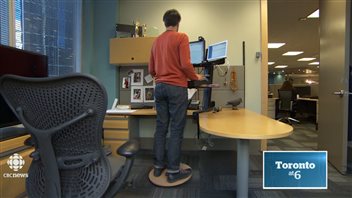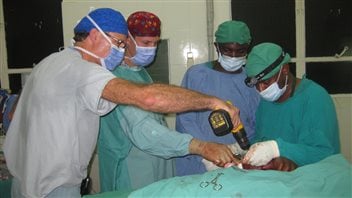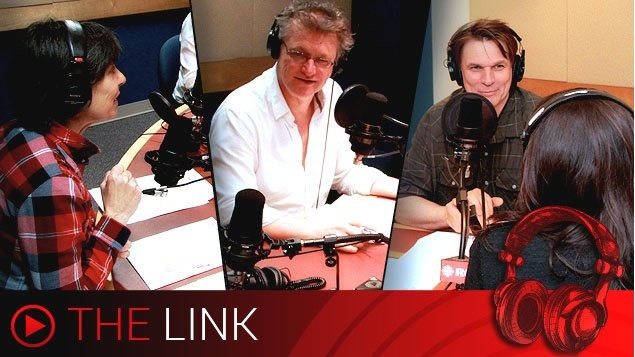The full team joins you today, Lynn, Wojtek, and Marc
About one year ago, the federal government gave the go-ahListenead to the biggest armaments deal in its history in a deal that’s worth a staggering $15 billion dollars.

General Dynamics Land Systems of London Ontario will be supplying hundreds of armoured vehicles to Saudi Arabia.
But this week, following the public flogging of internet blogger Raif Badawi, and yet another beheading in Saudi Arabia, organizations like Amnesty International and the anti-war group Project Ploughshares raised questions about whether economic benefits have overridden human rights concerns.
Canadian export guidelines suggest that if military equipment should not be sold to a country if it might be used against its civilian population
To hear more about the concerns raised by these organizations, Wojtek talked to Kenneth Epps, Senior Program Officer at the non-governmental group Project Ploughshares.
== ==
We’ve been hearing more and more about the benefits, and indeed the need, for people to engage in regular exercise.

Now a new study suggests that even if you do exercise regularly, sitting for long periods still adds to your health risk of heart disease, diabetes, and cancer.
Cardiologist Dr David Alter is a senior scientist with Toronto Rehabilitation Institute of the University Health Network. He says it’s not clear why sitting is so bad for you. “One theory is that as we sit more we are burning fewer calories. And when we are burning fewer calories, more of it goes to waste, turns to fat and that fat becomes toxic to our organs and sets us up for all of these health hazards.”
Lynn spoke with Dr Alter who is also the senior author of the study.
== ==
A small group of biomedical-engineering students at the University of British Columbia have come up with an amazingly simple solution to a medical problem.

Surgical drills used in operations involving bone repair, are extremely expensive, and yet they perform basically the same function as an electric drill you buy from the hardware story for a small fraction of the price.
Because surgical drills are so expensive, many hospitals in developing countries simply can’t afford them, and if they do have one, it must be sterilized after each operation to prevent infection and/or spread of disease. That can take the tool out of operation for a day at a time.
The Canadian students took this problem and managed to find a hardware drill with the same performance as the surgical drill, and created a sterile cover. This means simply changing the cover keeps the drill immediately ready for another operation. The covers themselves can be sterilized and re-used many times.
Marc spoke with Florin Gheorghe, one of the students who has now created a company Arbutus Medical, to develop their innovation







For reasons beyond our control, and for an undetermined period of time, our comment section is now closed. However, our social networks remain open to your contributions.